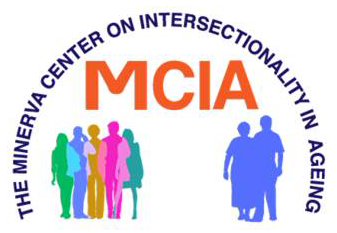About
Background
 The dramatic increase in the number of older people on a global level is paralleled by a structural marginalization of older adults
The dramatic increase in the number of older people on a global level is paralleled by a structural marginalization of older adults
arising from societal perceptions of this group as being a burden on society, rather than a resource to be treasured.
There is increased interest in research practice and social policy regarding the experience and needs of this population,
along with “selective inattention” given to groups of older adults experiencing multiple forms of spiraling marginalization,
alienation and exclusion, which further exacerbate inequality.
Those who are particularly vulnerable are older persons with disabilities,
including physical, intellectual and mental health impairments and conditions, whether acquired at an older age or occurring prior to aging;
older immigrants; minority groups; aging lesbian, gay, bisexual and transgender (LGBT) individuals; and older adults involved in various forms of violence,
abuse and neglect (either as survivors or perpetrators).
The key research and policy issue in intersectional analysis is to account for, accommodate, and balance the various needs and rights of all old people,
with the aim of increasing empowerment and avoiding social transparency.
The research center provides an evidence-based strategy utilizing practical models, training programs, guidance and supervision,
relating to marginalized and socially excluded older populations.


